10 players who really weren't liked by their team-mates
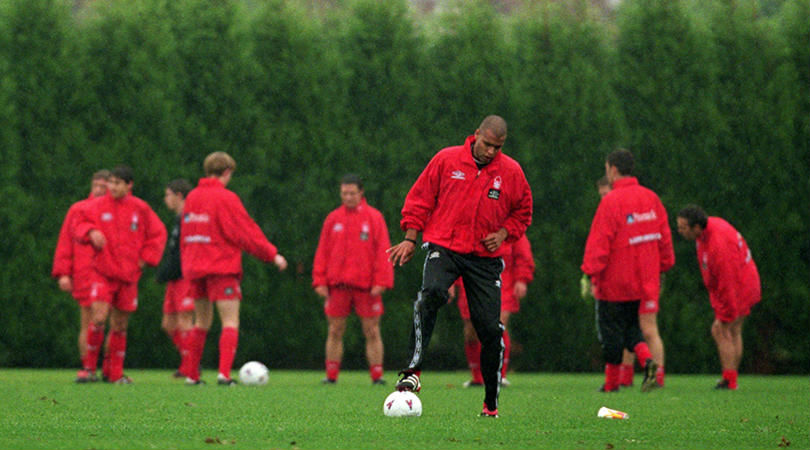
Football's a team game - or at least it should be
As is the case in real life, some footballers really struggle to get on with their work colleagues. Whether tainted by their relationship with a hated manager, disliked because of their lazy attitude towards the job at hand or just resented for their pure, unadulterated arrogance, certain players struggle to fit in. They may find themselves swiftly transfer-listed, training with the youth team or simply training alone.
We take a look at 10 such players who struggled to win friends and influence people after signing for a new team.
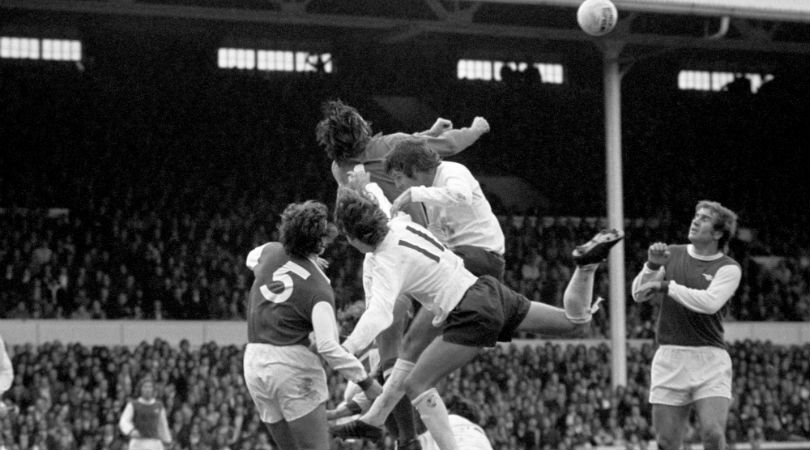
Jimmy Rimmer's loose lips
European Cup winner with Manchester United and Aston Villa, Rimmer was one of Arsenal’s few reliable performers in the mid-’70s. He spectacularly shot himself in the foot after telling punters in a Southgate pub: “I played well today – it was a shame about the other 10.”When word filtered back to the dressing room, the former Swansea No.1 soon departed to Villa. “He wasn’t high on anyone’s Christmas card list,” huffed Gunners defender David O’Leary.
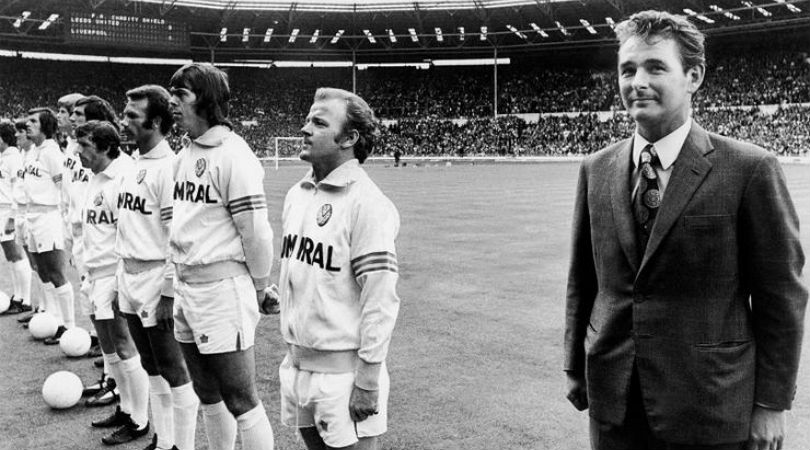
John McGovern: Damned by proxy
When Leeds' midfield general Billy Bremner copped a nine-match ban for brawling in the 1974 Charity Shield, new boss Brian Clough plugged the gap with his former Hartlepool and Derby player McGovern.
Ol’ Big ’Ead was exceptionally unpopular throughout his 44-day spell at Elland Road, and McGovern was immediately vilified by fans and team-mates alike as the boss’s pet.
McGovern played just four times before joining Cloughie at Nottingham Forest in February – later winning two European Cups. “Perhaps we were a bit hard on the lad,” admitted Peter Lorimer.
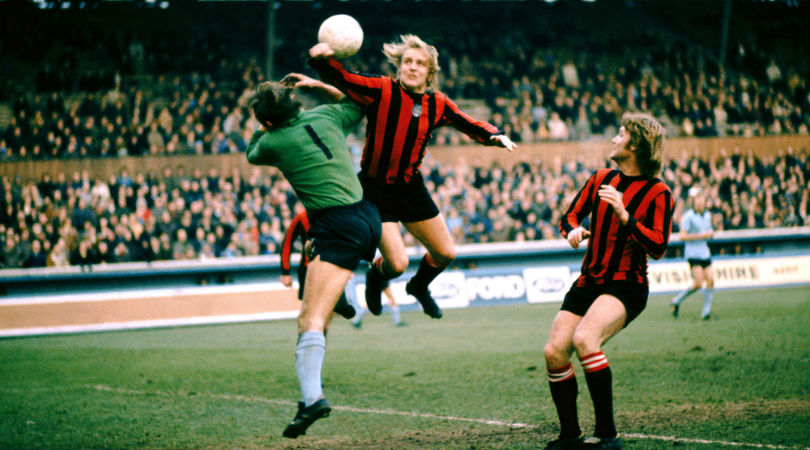
Rodney Marsh: Performing seal?
The ex-QPR man was instantly unpopular at City following his transfer in March 1972. “After Rodney Marsh arrived, I’d attempt a give-and-go, and there he was juggling the ball like a bloody seal,” complained Neil Young.
Frustrated City players echoed Young’s complaints as the wheels come off the Sky Blues’ title challenge. “He was a flashy sod,” blasted skipper Mike Doyle. “They acted like a Northern Mafia,” countered Marsh.
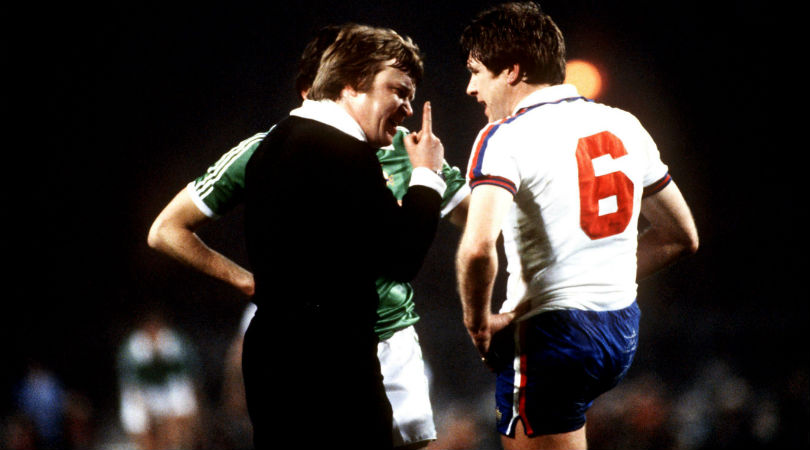
Emlyn Hughes: the enemy within?
Liverpool’s "Crazy Horse" wasn't universally popular, even in his own dressing room. After clattering Hughes in retaliation for having broken Chelsea favourite Peter Osgood’s leg in a 1966 cup tie, Blues hatchet man Ron Harris was chased down by Reds enforcer Tommy Smith.
Harris was stunned when a smirking Smith told him: “I could get to like you, Chopper.” “It turns out that the Liverpool players weren’t too keen on Emlyn’s whining voice either,” recounted Harris.
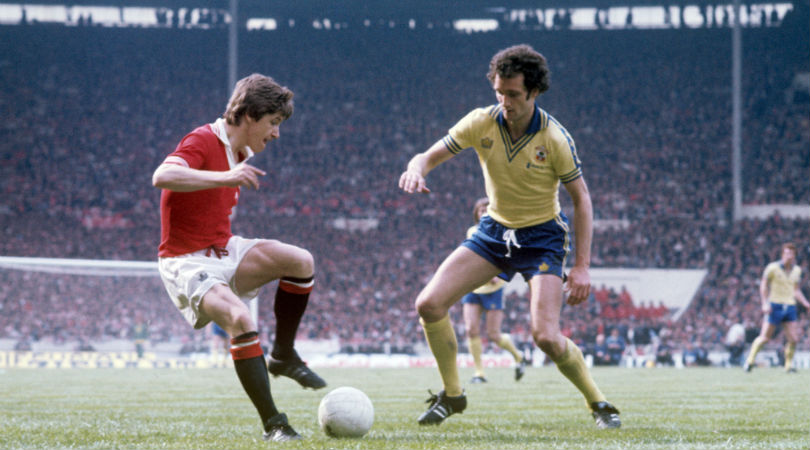
Gordon Hill: Millwall's much-mocked Merlin
Nicknamed 'Merlin' by the Millwall fans, Hill irritated his team-mates with his cocky demeanour and tedious Norman Wisdom impressions. They got their revenge, however, when the winger became the butt of many a dressing room joke.
Whether pretending to be TV reporters keen to speak to him about his tennis skills, or by hiding his stuff in the dressing room, the other players eventually hounded him out of The Den and on to Manchester United in 1975, where he became something of a cult hero with the Old Trafford faithful before moving across the Atlantic to play indoor football for a host of clubs.
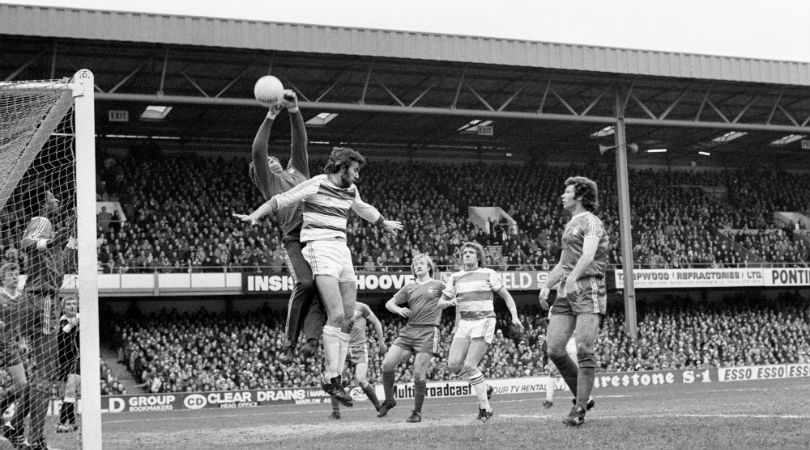
Martyn Busby: the eternal decoy
To say QPR’s 1970s legend Stan Bowles didn’t rate Martyn Busby was an understatement. “I get it, Stan,” said a dejected Busby at half-time in one game. “You want me to keep making these decoy runs. Is that why you’re not giving me the ball, so we can fool the opposition?” Not quite. “We’re not giving you the ball because you’re crap,” came the sneering reply.
The younger brother of Luton and Fulham striker Viv, Martyn Busby spent a couple of seasons at Notts County before finishing his career back at Loftus Road... after Bowles had gone.
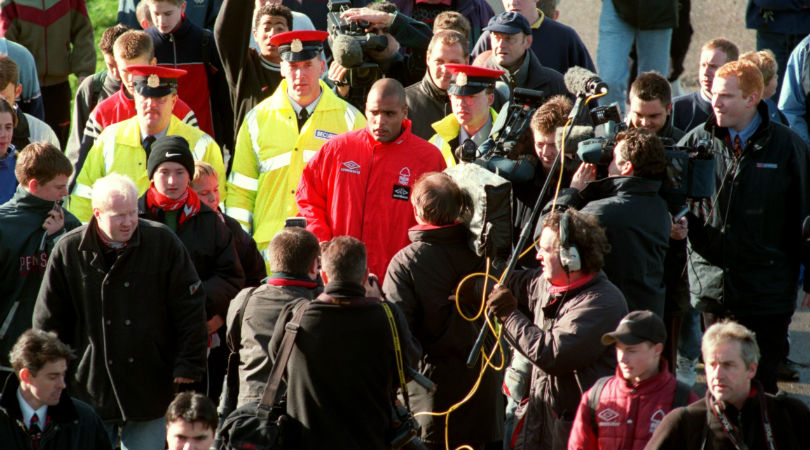
Pierre van Hooijdonk: Flying-solo Dutchman
When Forest sold Van Hooijdonk's strike partner Kevin Campbell to Turkish side Trabzonspor and fan favourite Colin Cooper to Boro, the Dutchman handed in a transfer request. When he was told by the club he wasn’t going anywhere, the former Celtic man went on strike for three months.
The Dutchman’s first post-strike goal came against rivals Derby in November but his team-mates preferred to celebrate with Scot Gemmill, who’d set it up. “I couldn’t give a s**t what Pierre does next,” stropped team-mate Steve Stone at the end of the season.
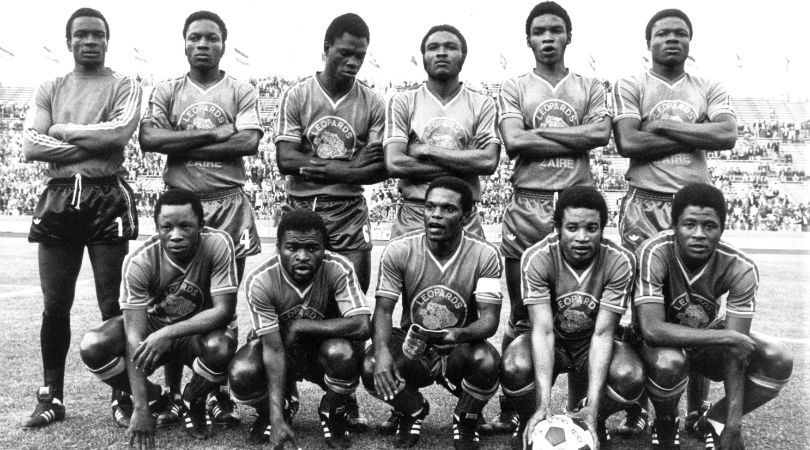
Kidumu Mantantu: captain in exile
Having qualified comfortably for their first World Cup, Zaire were drawn in a group with Brazil, Yugoslavia and Scotland. When the Yugoslavs hammered the Leopards 9-0, emotions were running high. Things got considerably worse when the team accused midfielder Kidumu Mantantu of deliberately over-hitting his passes to make them look bad in practice matches. After a hasty internal enquiry, the midfield star – and captain – was forced to eat his meals alone and train by himself. Just when they thought the only way was up, Zaire dictator Mobuto Sese Seko told them not to bother coming home if they lost by four or more in their last group game, which just so happened to be against Brazil. The team managed to keep it to a respectable 3-0 defeat and went home having not scored a goal in the tournament.
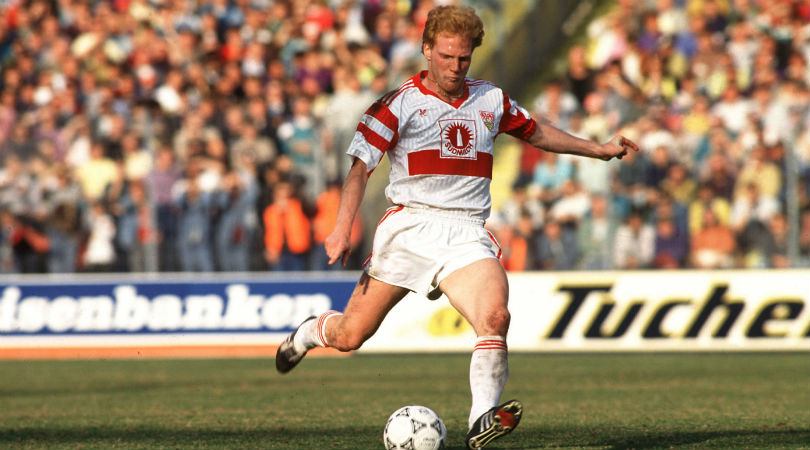
Matthias Sammer's fuss in boots
Sammer was a magnificent player and a natural leader on the pitch. Sadly for the Dynamo Dresden youngster, displaying any kind of leadership qualities in East German football was frowned upon in the 1980s. When his team-mates felt the young midfielder was getting too big for his boots they presented him with a new pair – three sizes too large.
“It was pure harassment,” squealed Sammer. He quickly headed west when the Berlin Wall fell, winning Bundesliga titles with both Stuttgart and Bayern and one as a coach with Borussia Dortmund. Oh, and he won the Ballon d’Or in 1996, too.
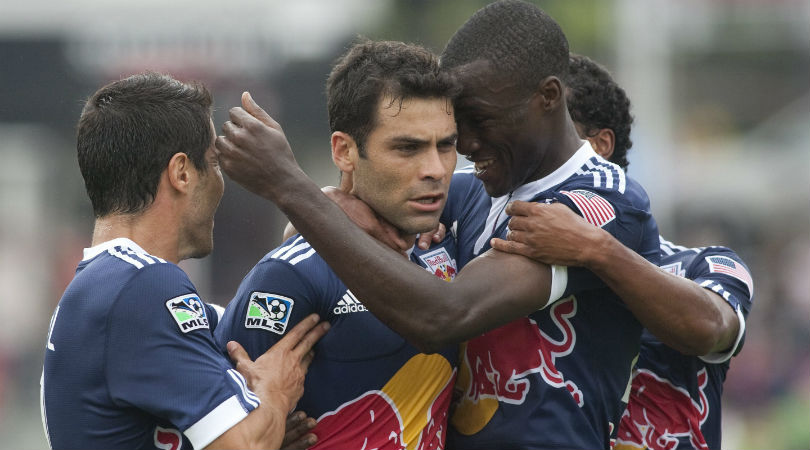
Rafa Marquez: on a different plane
Upon returning to the Americas following a glittering career in Europe, Rafa Marquez would’ve been better off letting his record do the talking. After all, he’d won Ligue 1 with Monaco, four La Liga titles and a couple of Champions Leagues while at Barcelona and had represented his country almost 150 times, many as captain. Unfortunately, he let his mouth do the talking instead.
“Unfortunately there isn’t an equal level between perhaps Thierry Henry and myself, and our team-mates,” he said in 2011, carpentering his own coffin. After some long, awkward silences in the dressing room, he was sold to Mexican club Leon in 2013. It’s fair to say that none of his team-mates waved him goodbye.
